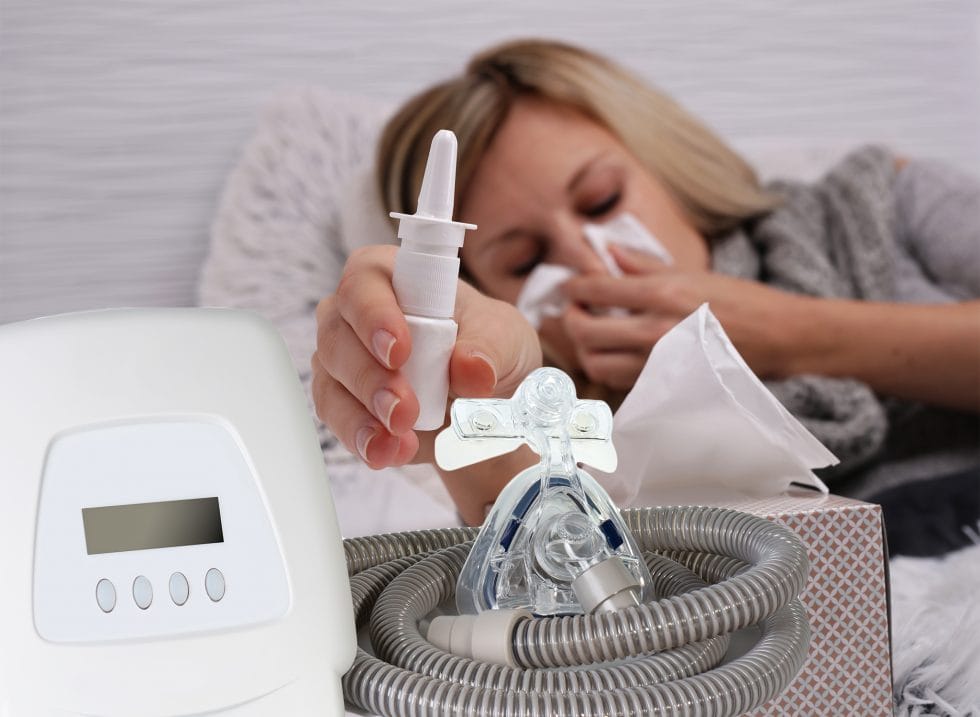Sleep Apnea Doesn’t Take The Night Off When You’re Sick
A backup to your CPAP is critical to keep
millions of families safe this winter, here’s why…
Millions of homes across the United States, including thousands of homes in Utah, have one or more family members using a CPAP machine to treat their obstructive sleep apnea.
Continuous positive airway pressure – or CPAP – machines are the most common treatment for sleep apnea patients. The device, which provides airflow at a constant pressure, holds the airway open while the person sleeps. It can be life-saving and it can significantly increase a patient’s quality of life. Consistent use of a CPAP can also add years to their life – and life to their years.
The biggest danger with CPAP machines is actually NOT using them, but there is growing concern that the use of CPAP machines could become dangerous for families of users when they battle a contagious illness.
“It seems counterintuitive – how can a device that SAVES lives by helping patients breathe while they sleep become dangerous to others?” says Dr. Jamison Spencer, DMD, MS, founder of The Center for Sleep Apnea & TMJ in Salt Lake County and Spencer Study Club, a group of more than 600 dentists around the world who specialize in dental sleep medicine, “but most CPAP machines include an exhalation vent, which may allow exhaled breath from the patient to be spread into the air of the room, and onto surfaces of nearby objects, such as a nightstand or items on the nightstand.”
Enter the coronavirus pandemic…
According to the American Academy of Sleep Medicine (AASM): “There is some concern that using CPAP could spread the virus through the exhalation port, which allows carbon dioxide to escape from your mask. This port also may release smaller virus-containing particles as an ‘aerosol,’ which can remain suspended in the air for a few hours. It’s possible that your bed partner could inhale these virus particles.”
The American Society of Anesthesiologists issued guidance on February 23rd of this year discouraging CPAP use in COVID-19 patients.
“However, again, CPAP machines are life-saving, and treatment of obstructive sleep apnea (OSA) is critical, especially with a number of studies now pointing to the likelihood of OSA contributing to poor outcomes for those infected with coronavirus,” says Dr. Spencer.
There is a solution that doesn’t make patients choose between potentially life-saving therapy and keeping their families safe. If there is ANY sign of illness – coronavirus or otherwise, patients should talk to their physician about the possibility of switching to an oral appliance* as a backup.
“Luckily, now there’s a simple-to-use therapy for sleep apnea patients to have as a backup, called oral appliance therapy,’ says Dr. Spencer. “Many of our patients are referred to us by their sleep physician or family doctor for an oral appliance as an alternative to CPAP. Since it’s small and portable, we also have many people who have an oral appliance they use just when they can’t use their CPAP, such as when they travel or go camping – of course, when it’s safe to do that again.”
Sleep apnea never takes a night off, and the treatment of it shouldn’t either.





